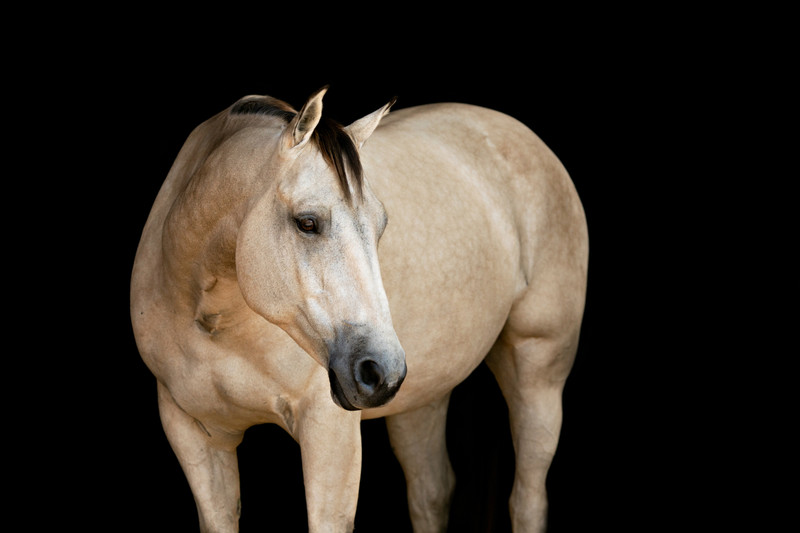Magnesium is a macro mineral that is frequently recommended by experts for a wide range of equine health conditions and concerns.
Magnesium is involved in numerous functions in the body. In horses, about 60% of the body’s magnesium is found in the skeleton, while approximately 30% resides in muscle. Magnesium is critical for proper function of the entire musculoskeletal system. It plays a large role in muscle function and nerve transmission and is involved in over 300 enzyme reactions including energy metabolism. It is also an electrolyte, playing an important role in muscle contraction and to prevent muscle cramping.
Signs of Magnesium Deficiency
- Tight Muscles or Muscle Tremors
- Reluctance to Work or Fatigue
- Muscle Soreness
- Nervousness or Excitability
- Irritability
- Hypersensitivity
Magnesium is present in flaxseed, brans, green forage. Many horses may experience borderline magnesium deficiency due to lower actual magnesium absorption rates in most forage-based diets as well as magnesium needing to be replenished daily. Testing for deficiency is rather difficult as blood tests are often inaccurate as most magnesium is stored in bone and soft tissue. However, because deficiency signs are often recognizable, magnesium supplementation is often advocated as an option to resolve symptoms.
The NRC daily recommended amount of Magnesium is approximately 7.5-15 grams per day depending on the horse’s weight and workload. A horse in a resting state (no work) requires 7,500 mg of magnesium each day, which can typically be met by a balanced diet. However, some may not get enough magnesium in their diet solely through their feed. It is especially important to maintain optimal levels of magnesium in horses that are growing or being heavily exercised, where the recommended amount is increased to 15,000 mg per day.
Supplementation levels of magnesium typically range between 1,000-10,000 mg per day depending on the issue being addressed. It is recommended to allow at least 4 weeks and, in some cases, start with a lower dose and gradually increase if needed. If symptoms improve, it was likely due to a magnesium deficiency. However if there is no change, the dose may need to be increased or it is possible the underlying problem is not a deficiency. Always work with under the supervision of your veterinarian and make sure to factor in other contributing amounts of magnesium from feeds.
Benefits of Magnesium:
Muscle Support
Magnesium is required for proper muscle function. Calcium contracts the muscle and magnesium relaxes it; thus magnesium supplementation may help ease tense muscles. This is especially important for performance horses, which oftentimes require higher levels of magnesium to compensate for magnesium lost in sweat during heavy workouts.
Calming
Magnesium also plays a big role in the nervous system, and because symptoms of deficiency include excitability and irritability, you may see magnesium listed in calming supplements. If you often describe your horse as spooky, hypersensitive, nervous, or anxious, you may consider a magnesium deficiency as a possible culprit. It important to rule out other more serious health concerns, however supplementing with magnesium can sometimes be a quick and effective solution, if there’s possible gap in your horses’ diet.
Metabolic Health
Magnesium supports the regulation of blood sugar and is required for glucose utilization and insulin signaling. Magnesium improves insulin sensitivity thereby improving the body’s use and storage of glucose. A deficiency may be linked to a slowed insulin response indicative of insulin resistance. Thus, metabolic supplements containing Magnesium and Chromium may help support glucose metabolism in order to help maintain normal blood sugar levels.
Magnesium is included in a variety of MVP's supplements such as muscle health, calming, or metabolic health. It is also available as a stand-alone pelleted product, Magnesium 5,000.


